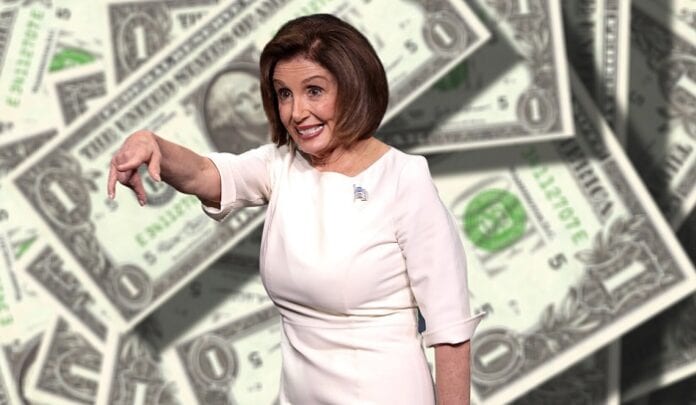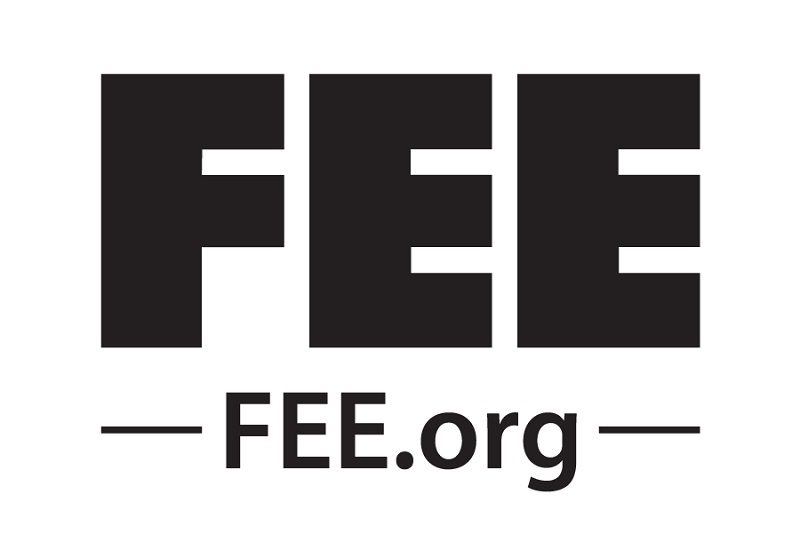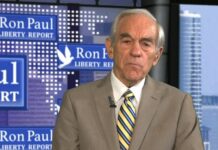By Brad Polumbo
At some point, when the election chaos is finally settled, Congress will likely turn to passing another COVID-19 stimulus/relief bill. (Despite the last one being plagued by rampant fraud and dysfunction). One starting point for negotiations will be the “HEROES Act,” a $2.2 trillion bill the House passed in October on a party-line vote by Speaker of the House Nancy Pelosi and her fellow Democrats.
One of the most significant aspects of the HEROES Act is that it allocates nearly $700 billion in federal money for state, local, and tribal governments.
Proponents say this gives localities the funds they need to pay emergency responders and fund programs necessary to protect their communities. Critics point out that much of this money is used to “bail out” blue states that were already mismanaging their budgets and running up large unfunded pension programs before the pandemic.
Indeed, the left-leaning Brookings Institution has projected that “state and local government revenues will decline $155 billion in 2020, $167 billion in 2021, and $145 billion in 2022.” Simple math shows us that the CARES Act gives states and localities hundreds of billions more in federal money than they are actually projected to lose due to pandemic-related decreases in revenue.
This alone should be a red flag. Yet a new analysis also reveals that Pelosi and her fellow “progressives” snuck millions of dollars in cash for some of the nation’s wealthiest zip codes into their emergency COVID-19 package.
Watchdogs from OpenTheBooks.com inspected the fine print of the HEROES Act and found that it allocates $350 million to the 50 richest communities in America. The average annual income in these areas ranged from $262,988 to $525,324.
“It’s unclear why such wealthy neighborhoods need so much money to weather the storm,” Adam Andrzejewski of OpenTheBooks.com wrote. “Should American taxpayers from lower-income areas be subsidizing the lifestyles of the rich and famous?Pelosi and her fellow ‘progressives’ snuck millions of dollars in cash for some of the nation’s wealthiest zip codes into their emergency COVID-19 package.
Some might reasonably look at a figure like $350 million and conclude that, in the context of a $2.2 trillion bill, it is a relatively small amount of money. But we mustn’t forget that this figure is only looking at a tiny sample size. It is not all the money this bill allocates to wealthy zip codes, just a snapshot.
We can extrapolate from this figure that the HEROES Act would dole out many hundreds of millions if not billions more to other wealthy towns and cities.
It’s not even the only provision of the bill that can be fairly characterized as a handout for the rich. The package also includes items such as student debt relief, which further burdens cash-strapped taxpayers yet only helps a relatively well-educated and well-off subset of society.
But wait: Aren’t Democrats supposed to be the progressive party fighting for the working class? That’s certainly what their rhetoric would suggest. Yet the Democrats included cash handouts for wealthy constituents in predominantly liberal areas such as Wellesley, Mass., Malibu, California, and Old Greenwich, Conn. in their emergency response package nonetheless.
This offers another painful reminder that government officials—no matter their professed partisan or ideological principles—will always and inevitably end up wielding their power in a manner prone to favoritism and clientelism.
“There is no such thing as a just and fair method of exercising the tremendous power that interventionism puts into the hands of the legislature and the executive,” Austrian economist Ludwig von Mises wrote. “In many fields of the administration of interventionist measures, favoritism simply cannot be avoided.”Government officials—no matter their professed partisan or ideological principles—will always and inevitably end up wielding their power in a manner prone to favoritism and clientelism.
Humans are fallible beings—and power corrupts. This is why, from tax loopholes to crony regulations to spending bills, sweeping government interventions will always end up skewing in favor of powerful constituencies. However, when power is left to the individual level rather than government, that decentralization helps limit abuses.
It’s not a matter of electing the right people. Fundamentally, progressive and conservative government officials alike face the same incentive structures.
The only way to really prevent the abuse of government power and expenditure of taxpayer resources in favor of the well-off and well-connected is to limit the scope of the government itself.
Brad Polumbo
Brad Polumbo (@Brad_Polumbo) is a libertarian-conservative journalist and Opinion Editor at the Foundation for Economic Education.
This article was originally published on FEE.org. Read the original article.
FEE’s mission is to inspire, educate, and connect future leaders with the economic, ethical, and legal principles of a free society. These principles include: individual liberty, free-market economics, entrepreneurship, private property, high moral character, and limited government.




















